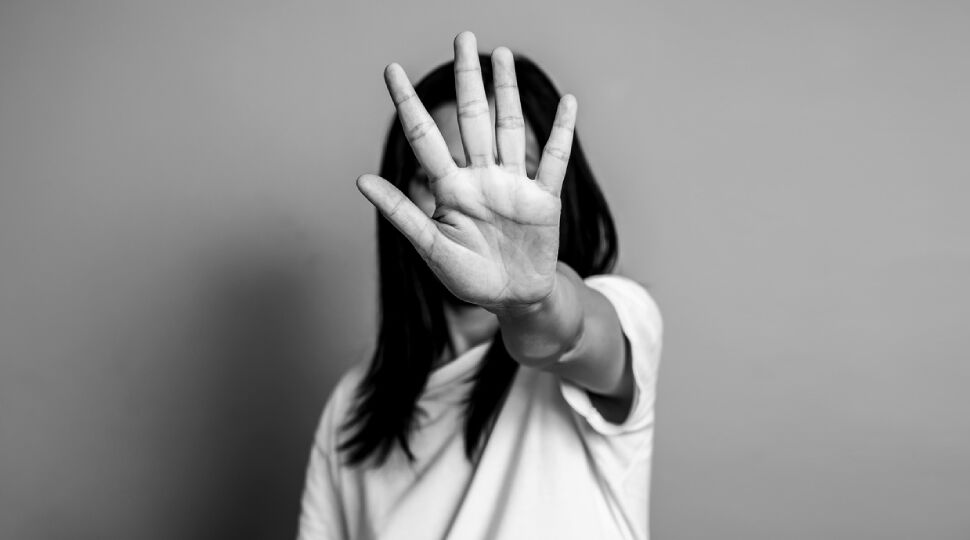
RA 11313, or the Safe Spaces Act, is a landmark Philippine law enacted to address gender-based street and public spaces harassment. It aims to create safer environments for everyone by penalizing various forms of harassment and violence in public spaces.
What is the Safe Spaces Act?
Safe Spaces Act, also known as Bawal Bastos Law, is a Philippine law that addresses gender-based sexual harassment, both online and offline, in public spaces. It recognizes the importance of promoting safety and respect for all individuals, regardless of their gender.
What does gender-based sexual harassment mean?
Gender-based sexual harassment, as defined in the law, includes unwanted sexual advances, requests for sexual favors, or any other verbal or physical conduct of a sexual nature. It also covers acts that ridicule or insult a person’s sexuality or gender identity, creating an intimidating, hostile, or offensive environment.
Who does Safe Spaces Act protect?
It protects everyone, regardless of gender, age, sexual orientation, or gender identity, from gender-based sexual harassment. It recognizes that anyone can be a victim and emphasizes the importance of equal protection under the law.
Where does it apply?
It applies in both physical and online public spaces. This includes streets, schools, workplaces, transportation hubs, and social media platforms. Essentially, it covers any location or platform where people interact.
Is an act still considered as gender-based sexual harassment if the perpetrator says they did not mean it?
Yes, an act is considered gender-based sexual harassment regardless of the perpetrator’s motive.
Are minors still liable if they commit gender-based sexual harassment?
Yes, minors are still liable for committing gender-based sexual harassment. They will be given disciplinary measures by DSWD under RA 9344, or the Juvenile Justice and Welfare Act of 2006.
What can you do if you see someone committing gender-based sexual harassment?
You can conduct a citizen’s arrest without a warrant if you know the facts of the situation and if the perpetrator has committed, is committing, or is attempting to commit gender-based sexual harassment.
You can also report the incident to the nearest security guard or police officer, who can apprehend perpetrators in flagrante delicto, or caught in the act.
What are the responsibilities of establishments under the Safe Spaces Act?
Establishments such as schools, offices, and transportation facilities are required to adopt measures to prevent and address gender-based sexual harassment. They must have clear policies, mechanisms for reporting incidents, and provide awareness programs to educate their employees and clients.
What are the penalties for its violations?
A6: Penalties for violating RA 11313 include fines and imprisonment, depending on the gravity of the offense. Perpetrators may face penalties ranging from fines of P1,000 to P500,000 and imprisonment from one month to six years.
The Safe Spaces Act (RA 11313) is a significant step toward creating safer and more respectful public spaces in the Philippines. It is essential to be aware of its provisions and support its objectives to combat gender-based sexual harassment and promote gender equality. By working together, we can create a society where everyone feels safe and respected.
Sources:
Republic Act No. 1131 also known as The Safe Spaces Act
The Implementing Rules and Regulations of Republic Act No. 11313 or the Safe Spaces Act


